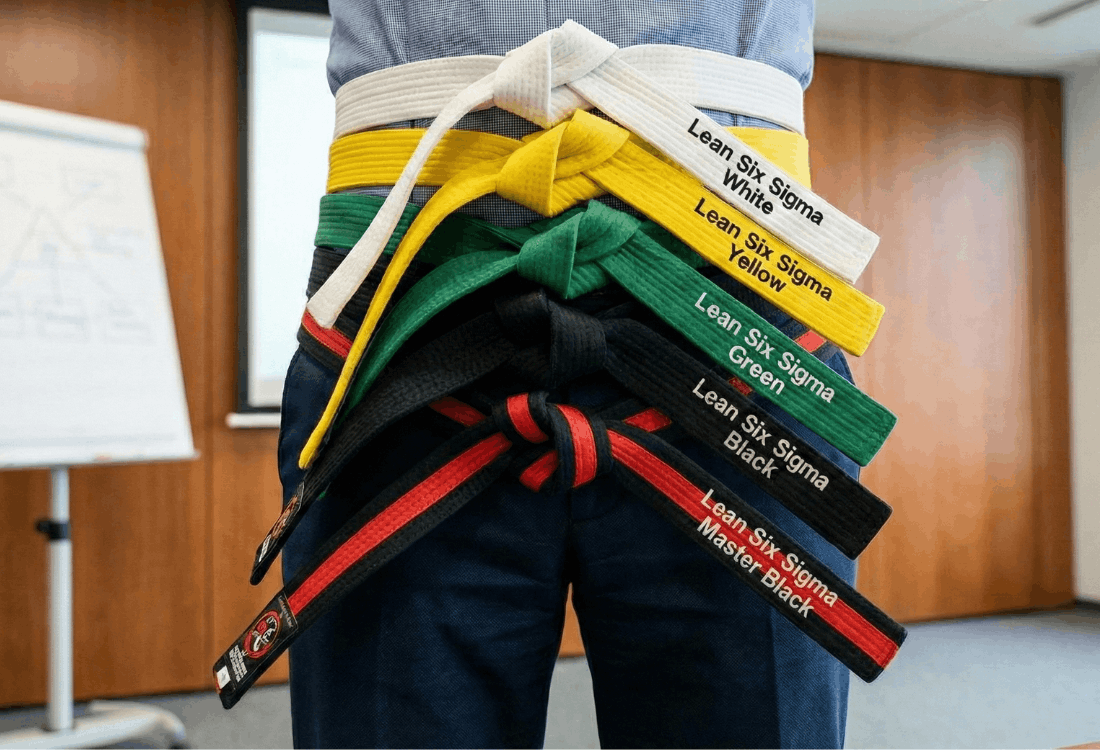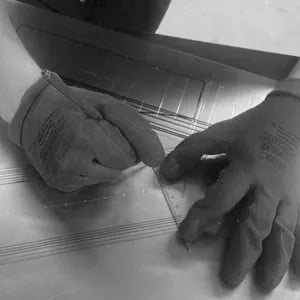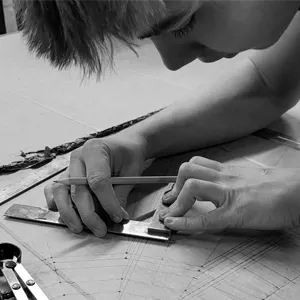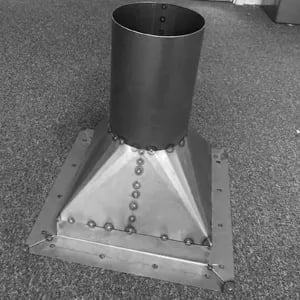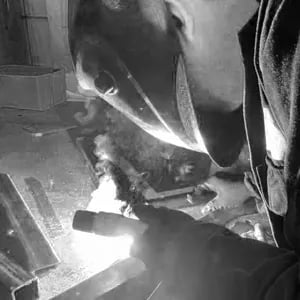Shaping Industry Specialists
Advanced Fabrication of Metal Products
Upskill your staff and build the workforce needed to secure the future of your organisation with a funded Apprenticeship. Learners are taught by experienced Specialist Trainers, providing real industry insights.
A Metal Fabricator’s role is to carry out metal fabrication work using things such as rolled steel joists, columns, channels, steel plate and metal sheet etc. The Level 3 Metal Fabricator Apprenticeship teaches the skills and knowledge required to become a skilled fabricator.
Work for qualified Metal Fabricators can include manufacturing bridges, oil rigs, ships, petro-chemical installations, cranes, platforms, aircraft, automotive and machinery parts, sheet metal enclosures, equipment supports, and anything that can be fabricated out of metal. Fabricators can work alone or in teams, in factories or on operational sites. They use a large range of metals including steel, aluminium and titanium at a range of thicknesses from 0.5mm up to over 20mm. The size and weight of the fabrications can range from components that can easily be picked up by hand, to massive structures that require several cranes to manipulate.
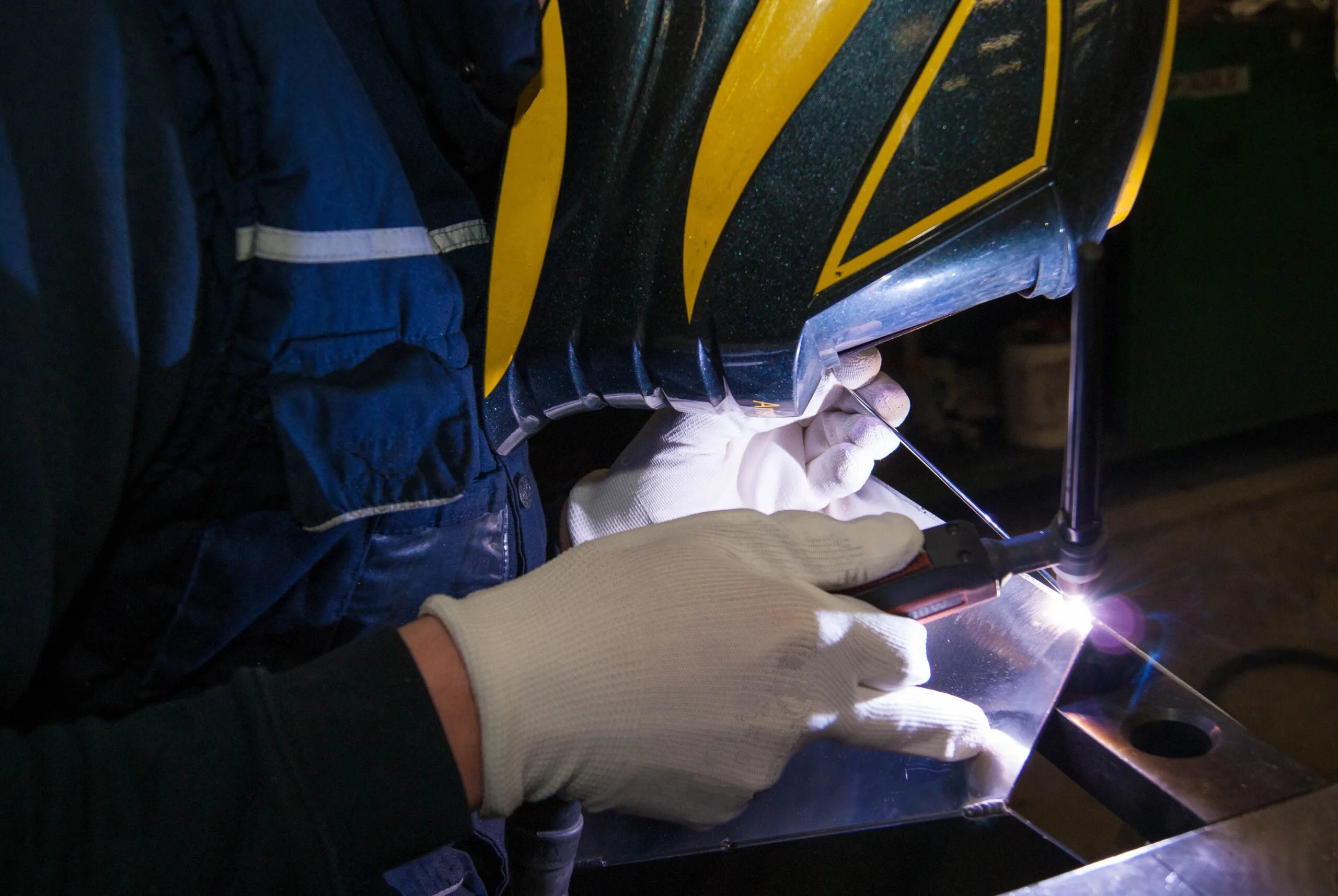
Core Knowledge
Apprentices will learn the following core knowledge:
- The importance of complying with statutory, quality, organisational and health and safety regulations
- General engineering mathematical and scientific principles, methods, techniques, graphical expressions, symbols formulae and calculations
- The structure, properties and characteristics of common materials
- The typical problems that may arise within their normal work activities/environment
- Approved diagnostic methods and techniques used to help solve engineering problems
- The importance of only using current approved processes, procedures, documentation and the potential implications if they are not adhered to
- The different roles and functions in the organisation and how they interact
- Why it is important to continually review fabrication and general engineering processes and procedures
- The correct methods of moving and handling materials
- Processes for preparing materials to be marked out
- The tools and techniques available for cutting, shaping, assembling and finishing materials.
- Allowances for cutting, notching, bending, rolling and forming materials
- Describe Pattern development processes, tooling and equipment
- Describe Cutting and forming techniques, tooling and equipment
- Describe Assembly and finishing processes, tooling and equipment
- Inspection techniques that can be applied to check shape and dimensional accuracy
- Factors influencing selection of forming process
- Principles, procedures and testing of different joining techniques (Mechanised or Manual)
- Equipment associated with Manual or Mechanised joining techniques including maintaining equipment in a reliable and safe condition
- Consumables used in Manual or Mechanised joining
- Effects of heating and cooling metals
- Metallurgy associated with joining
- Different types of Welds and joints
- How to interpret relevant engineering data and documentation
Core Skills
Apprentices will learn the following core skills:
- Work safely at all times, comply with health & safety legislation, regulations and organisational requirements
- Comply with environmental legislation, regulations and organisational requirements
- Obtain, check and use the appropriate documentation (such as job instructions, drawings, quality control documentation)
- Carry out relevant planning and preparation activities before commencing work activity
- Undertake the work activity using the correct processes, procedures and equipment
- Carry out the required checks (such as quality, compliance or testing) using the correct procedures, processes and/or equipment
- Deal promptly and effectively with problems within the limits of their responsibility using approved diagnostic methods and techniques and report those which cannot be resolved to the appropriate personnel
- Complete any required documentation using the defined recording systems at the appropriate stages of the work activity
- Restore the work area on completion of the activity and where applicable return any resources and consumables to the appropriate location
- Identify and follow correct Metal work instructions, specifications, drawing etc.
- Mark out using appropriate tools and techniques
- Cut and form Metal for the production of fabricated products
- Produce and assemble Metal products to required specification and quality requirements
- Identify and follow correct joining instructions, specifications, drawing etc.
- Carry out the relevant preparation before starting the joining fabrication activity
- Set up, check, adjust and use joining and related equipment
- Weld joints in accordance with approved welding procedures and quality requirement
Read more about the Knowledge, Skills and Behaviours (KSBs) delivered in this Apprenticeship
Entry Requirements
Individual employers are able to set the recruitment and selection criteria for their Apprenticeships. In order to optimise success, candidates will typically have 4 GCSEs at Grade C/4 or equivalent, including Mathematics, English and a Science.

Additional Information
Route: Engineering and manufacturing
Minimum duration to gateway: 42 months (this does not include EPA period)
Maximum funding: £27000
What Our Clients Say About Us
Our Accreditations & Awards








.webp?width=150&height=150&name=IPAF%20Member%20(1).webp)
Our Accreditations & Awards





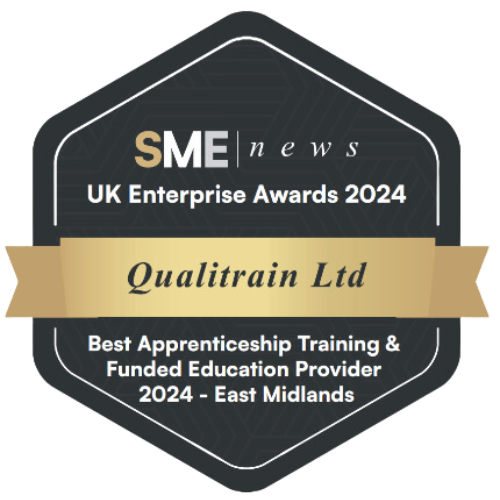



.webp?width=150&height=150&name=IPAF%20Member%20(1).webp)

Contact Information
Address: Genesis Centre, 32-46 King Street, Alfreton, Derbyshire, DE55 7DQ
Phone Number: 01773 417340
Email Address: info@qualitrain.co.uk

Get In Touch With Us!
From Our Blog
Stay up to date with what is new in our industry, learn more about the upcoming products and events.

Benefits Of Warehouse Operative Training For Modern Logistics Challenges

How Apprenticeship Levy Funding Can Supercharge Your Lean Six Sigma Journey
